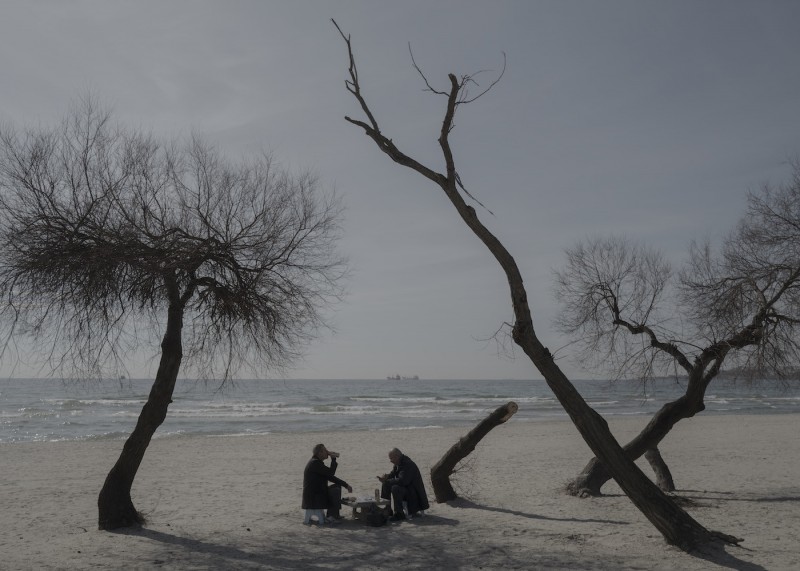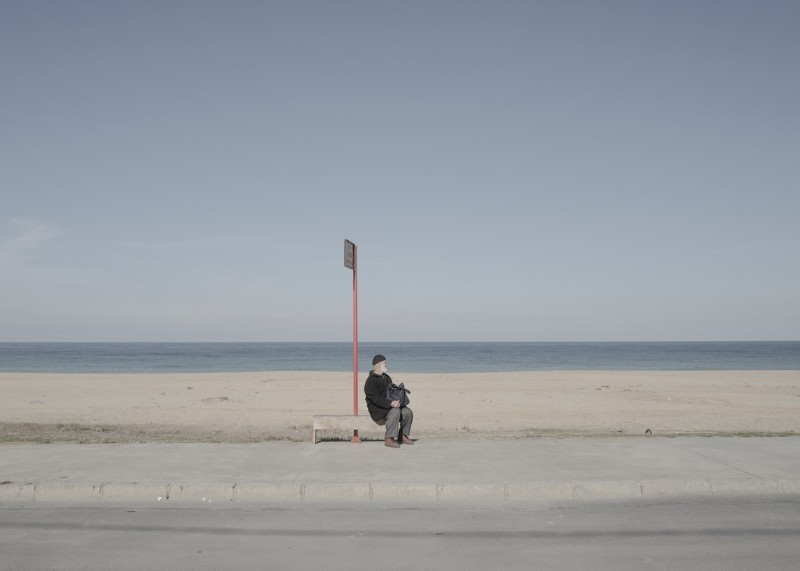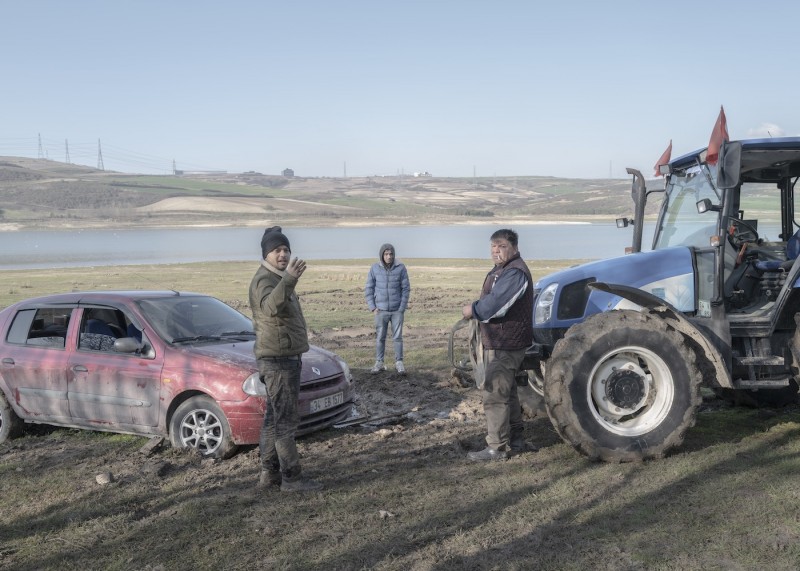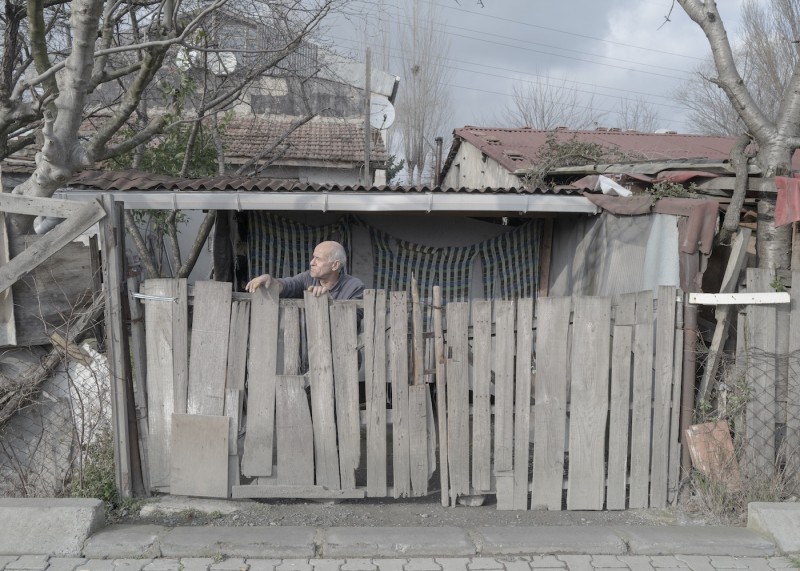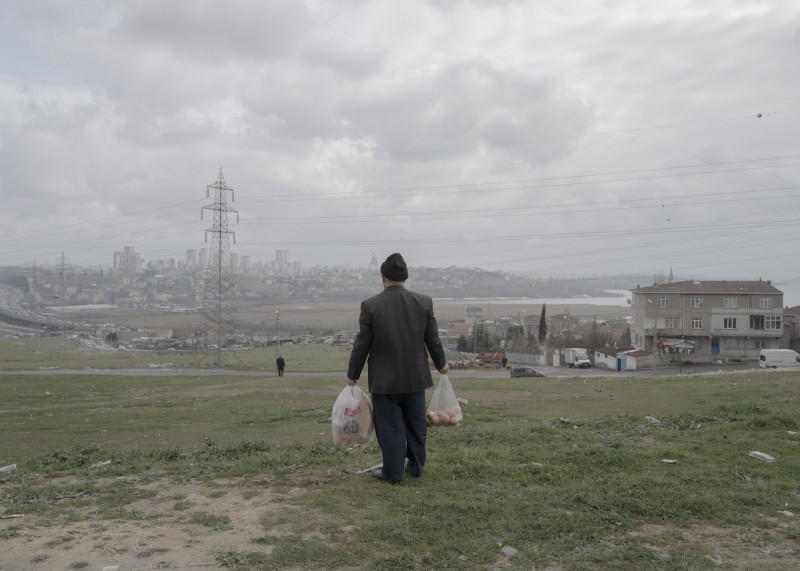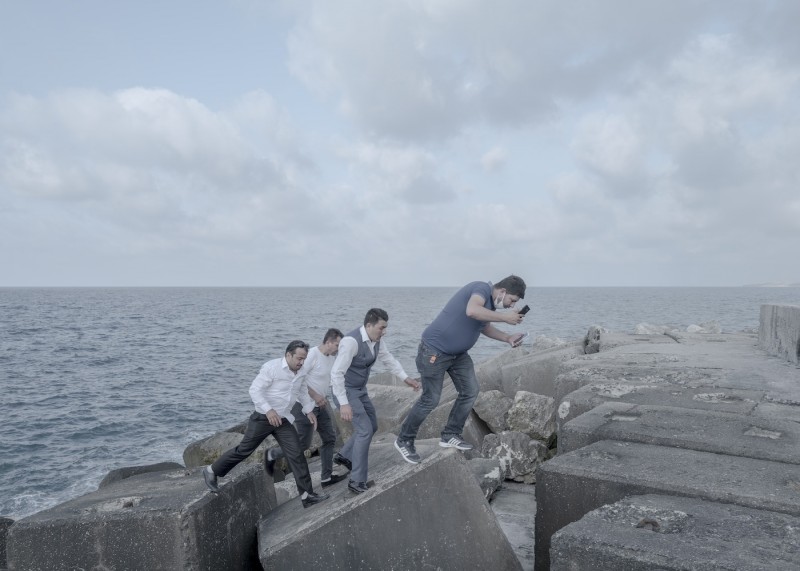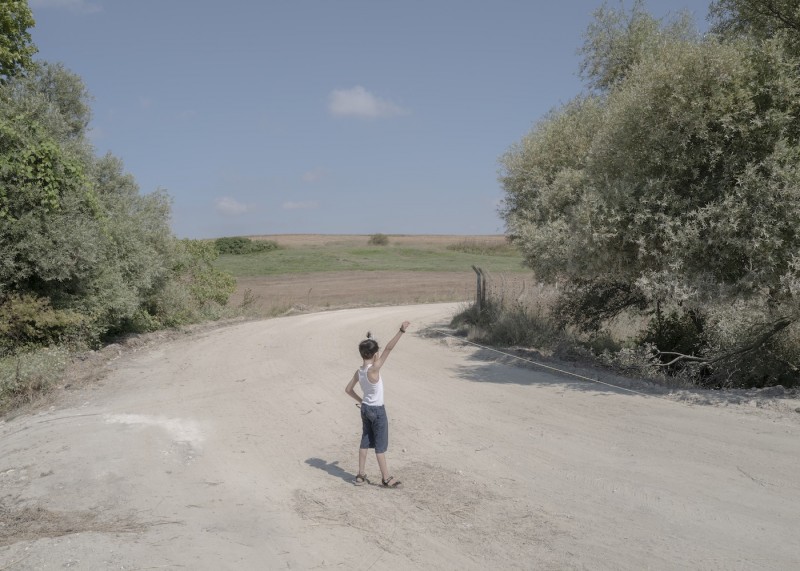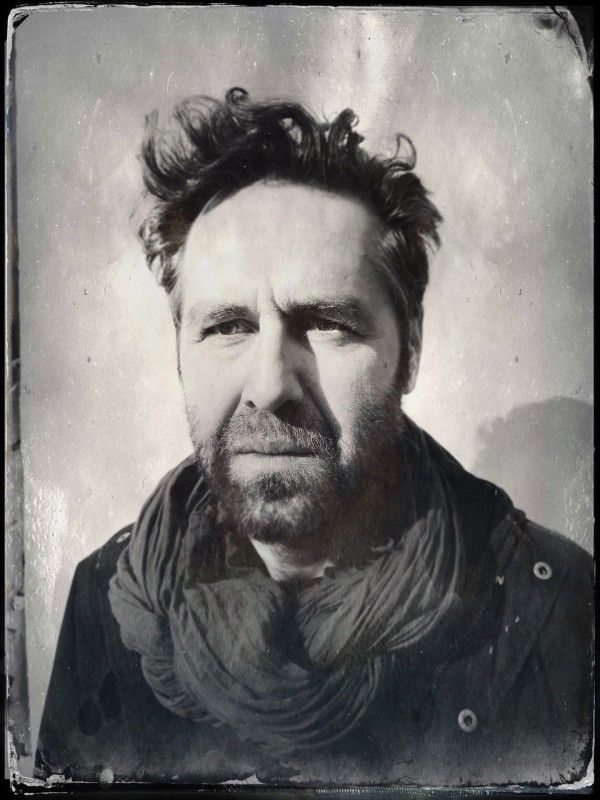Awaiting Transformation
Awaiting Transformation
Kerem Uzel
August 6, 2021
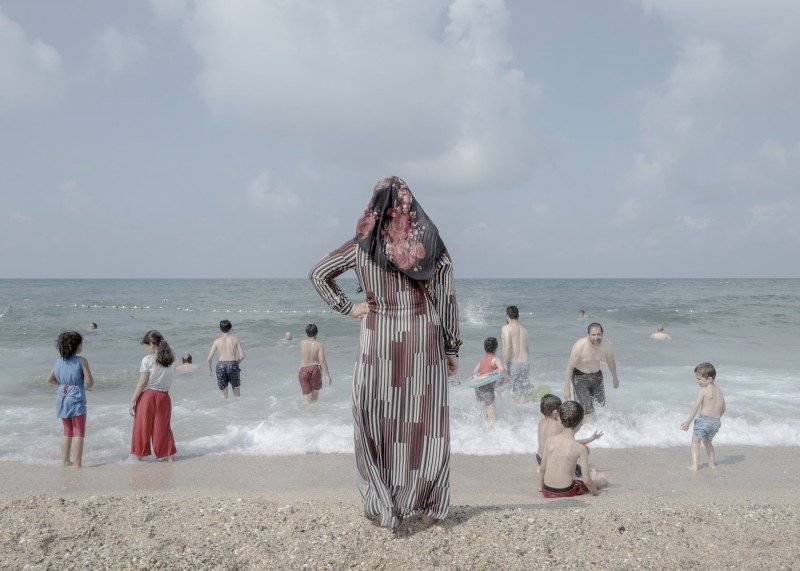
LFI: How have you come to dedicate your life to photography?
Kerem Uzel: My father brought a Asahi Pentax from one of his friends. It wasn't working properly, but I really liked it and hit the road with it during my spare time, and saved all my money for film/developing. Then I realized that I really like to listen to people's stories; while I was out with my camera I had the chance to chat with people as a young person. During my high-school years I worked for a small newspaper in my home city, which is when I decided to dedicate my whole life to photography. My motivation was to use images to tell these stories to other people. At that time, in the late eighties, I had no idea how I was going do so, as there was no source to look at or be influenced by. But I was very curious about the lives of others. Back then, however, everyone expected you to become a doctor, lawyer or engineer, and my family didn't allow me to go to photography/journalism school either; their reasons were really respectful of the times. After I graduated as an Engineer from the University of Istanbul, I moved to US for a formal education in Photography. Then they supported me a lot.
Do you maintain a connection to other forms of art, like painting, for example?
During my secondary and high school years, I was very into painting. I was lucky to have a very good art teacher, and she remained my teacher for all my school years. She selected a couple of us and we would work with different techniques beyond the regular art classes. She encouraged us to send our work to competitions. I won a couple of awards in my age category during those years. But after I got into photography, painting gradually faded.
Who would you say has influenced you most?
I began looking at the work of other photographers when I was in my mid to late twenties. There were times that I went to libraries to look at pictures in books and encyclopedias. There were no real photo books. For sure, after seeing Henri Cartier-Bresson’s work and reading his book, The Decisive Moment, a new period started for me, and I began to question my approach and my way of thinking. Overall, Robert Frank is the photographer who has influenced me the most. There are so many good photographers who have left a large visual legacy behind them. While we were talking about issues, they were our eyes and witnesses of those moments. My biggest motivation and duty is to tell stories about my times.
Please describe your visual approach to the topics.
I look for really small moments, as I don't want to reveal everything to the viewer. The most important thing is to respect people, and sometimes it's not the moment to take a photo. Chat, maybe have a tea and walk away. I'm telling people's narratives. So, for me, respect is more important than the visuals. If I'm working on a project, I do research about the issue. I read books, articles, maybe talk about it with people who are involved. So it's not just about going out and looking for images. You have to know before you go, do your homework. Then there will be many bonuses along the way, new stories you may hear; but first make a plan. You can change it along the way, but I prefer to start with a plan. Otherwise you can get lost. Let's speak, for example, about the canal project. It's 45 km long, so one day I decided to go a part of it. I knew roughly where to go. Then you go with the flow. That's life. (Interview: Stefan Müller)
You can find more about his Istanbul Canal series in LFI 06/2021.
Kerem Uzel+-
Uzel was born in 1973 in Çorum, a province of Anatolia. He first studied Environmental Engineering at the Istanbul Technical University, before studying Photojournalism at the New England School of Photography, Massachusetts, USA. He has been working as a documentary photographer since 2000. His reportages have appeared in the likes of The Guardian, Stern, Der Spiegel, Financial Times, Le Figaro, Le Monde, Amnesty International, Süddeutsche Zeitung and Cicero. He is represented by the Laif Agency, and lives in Berlin and Istanbul. More

